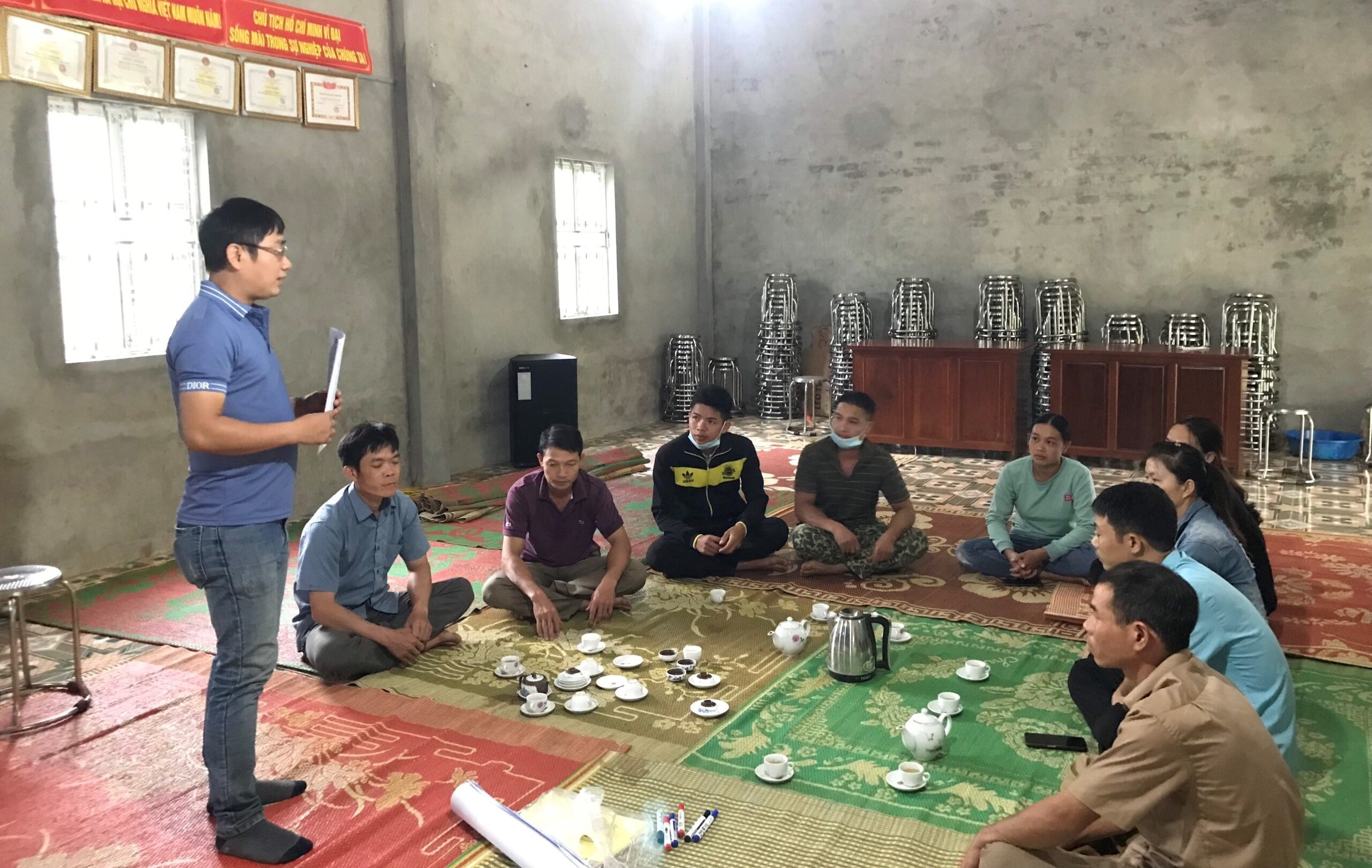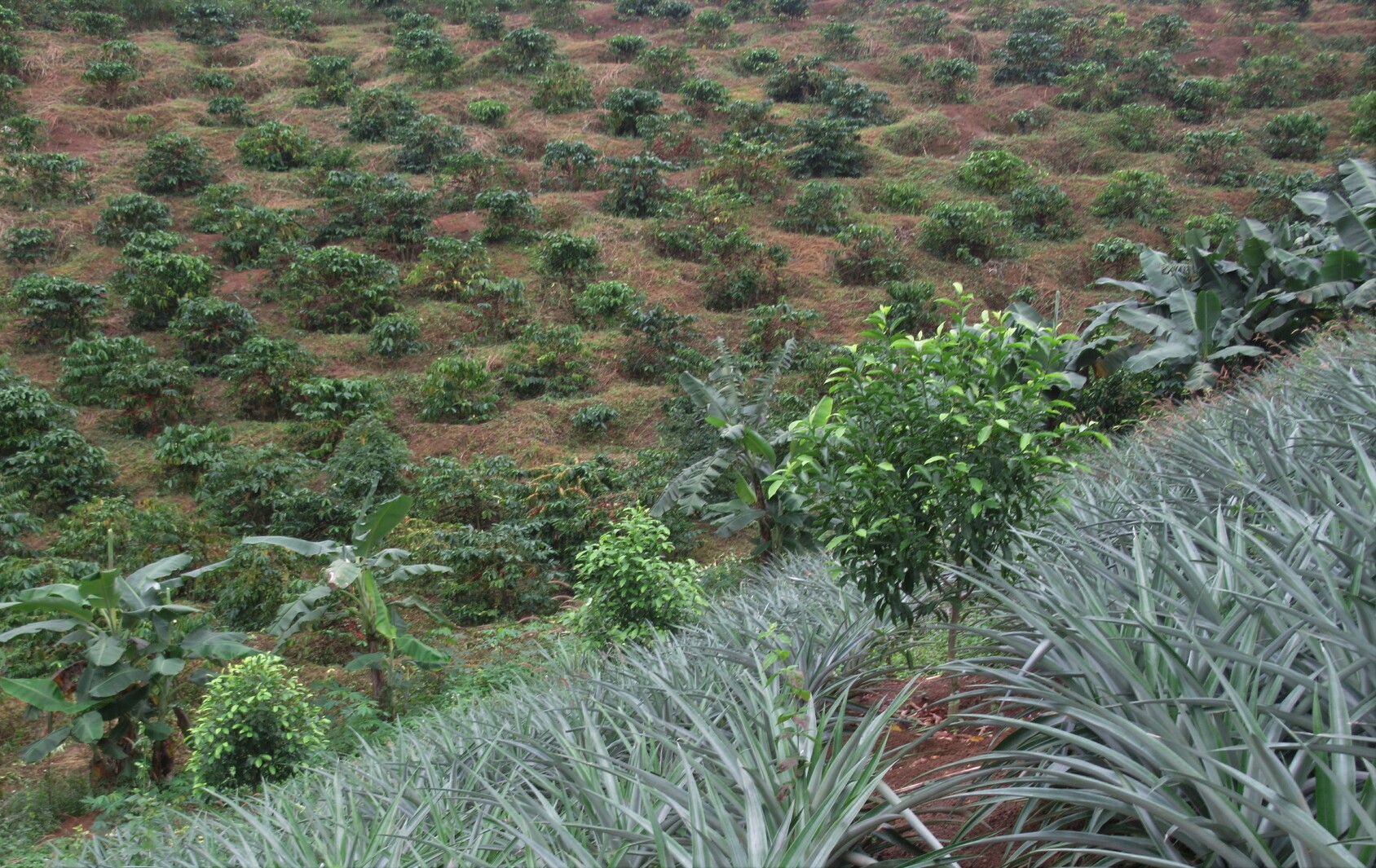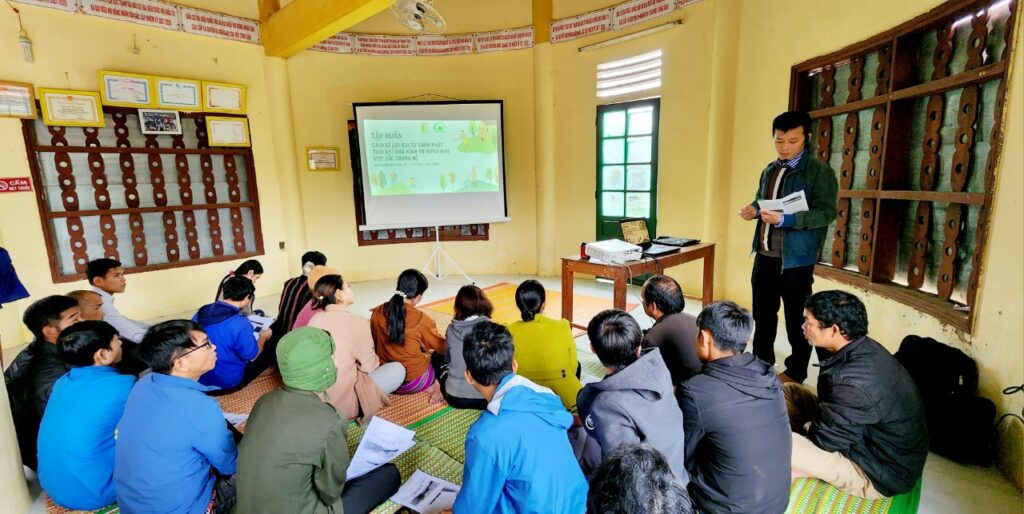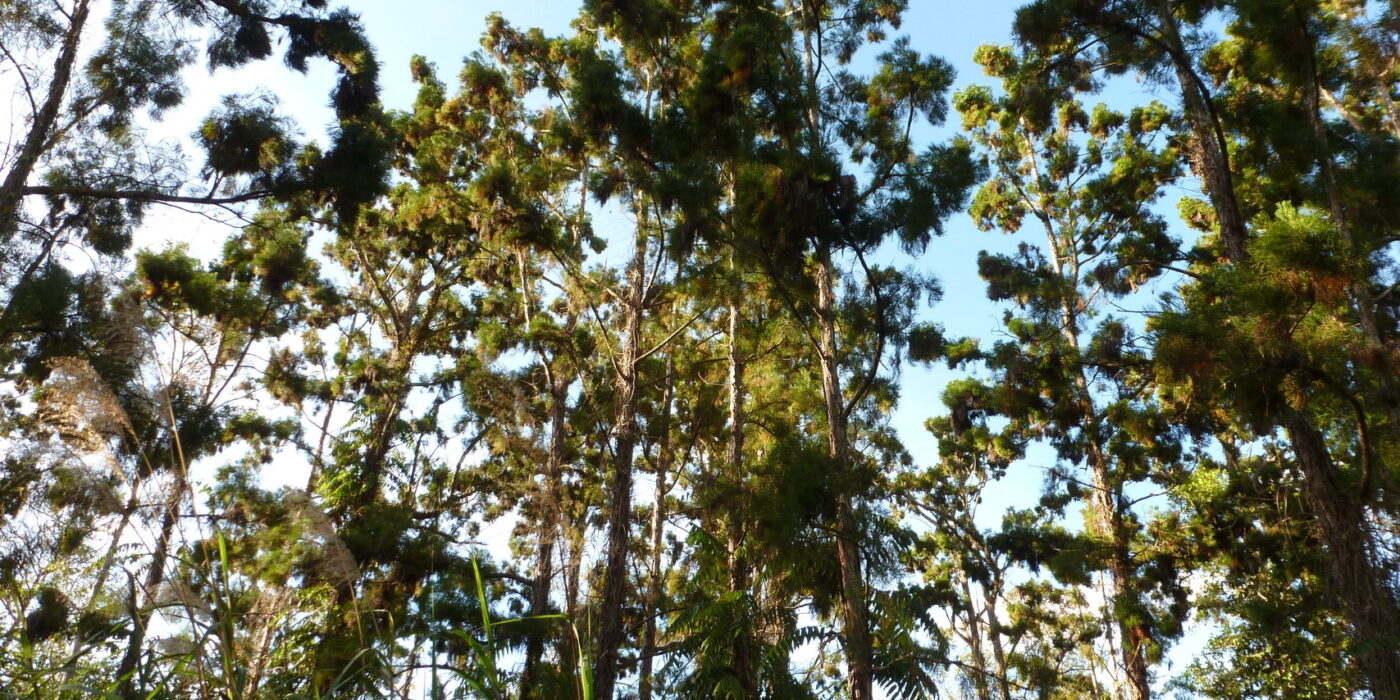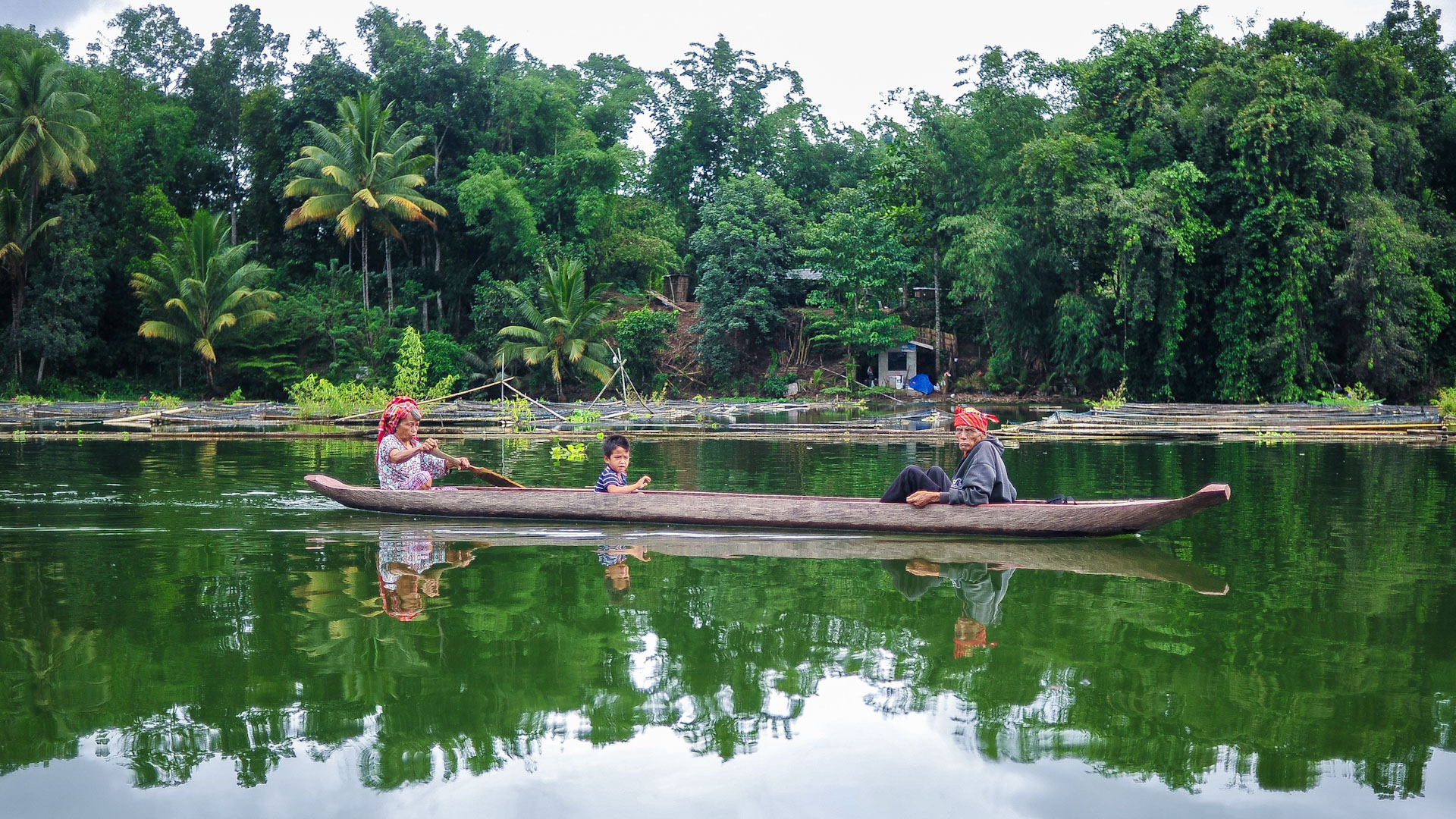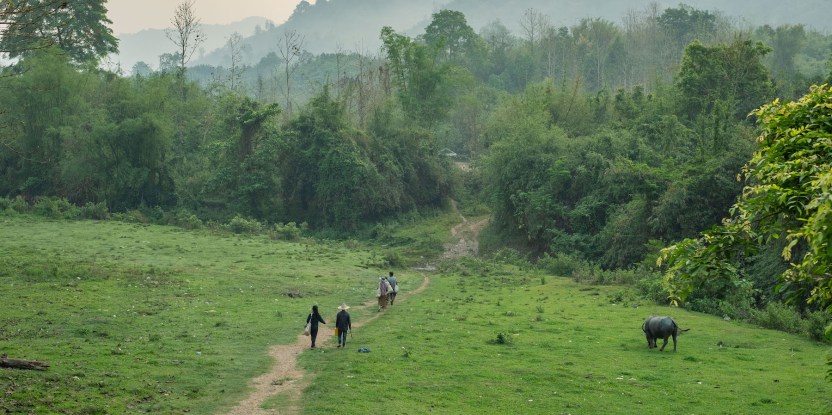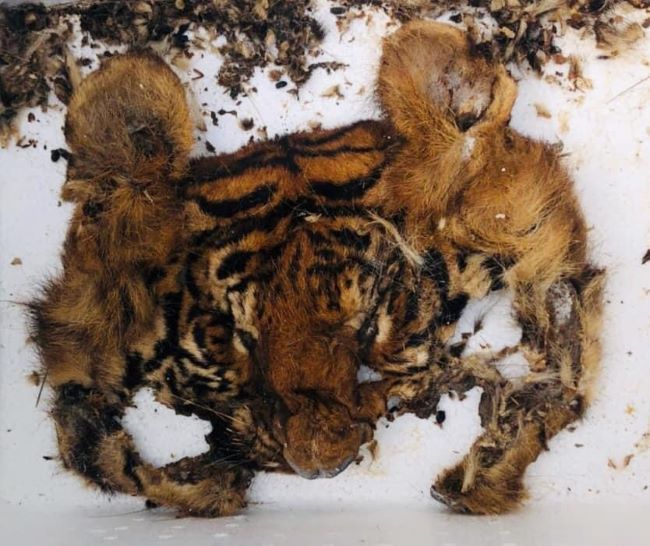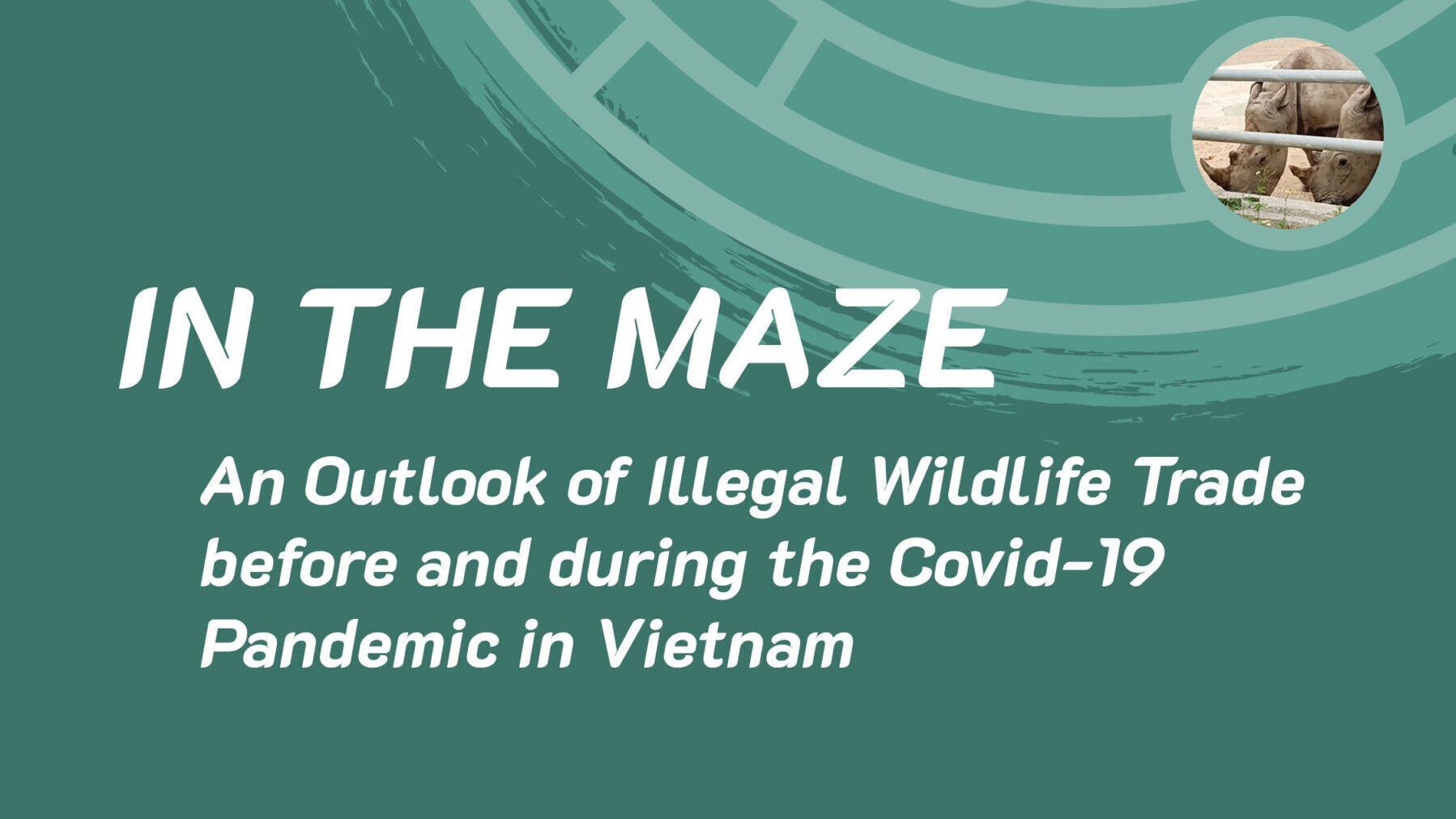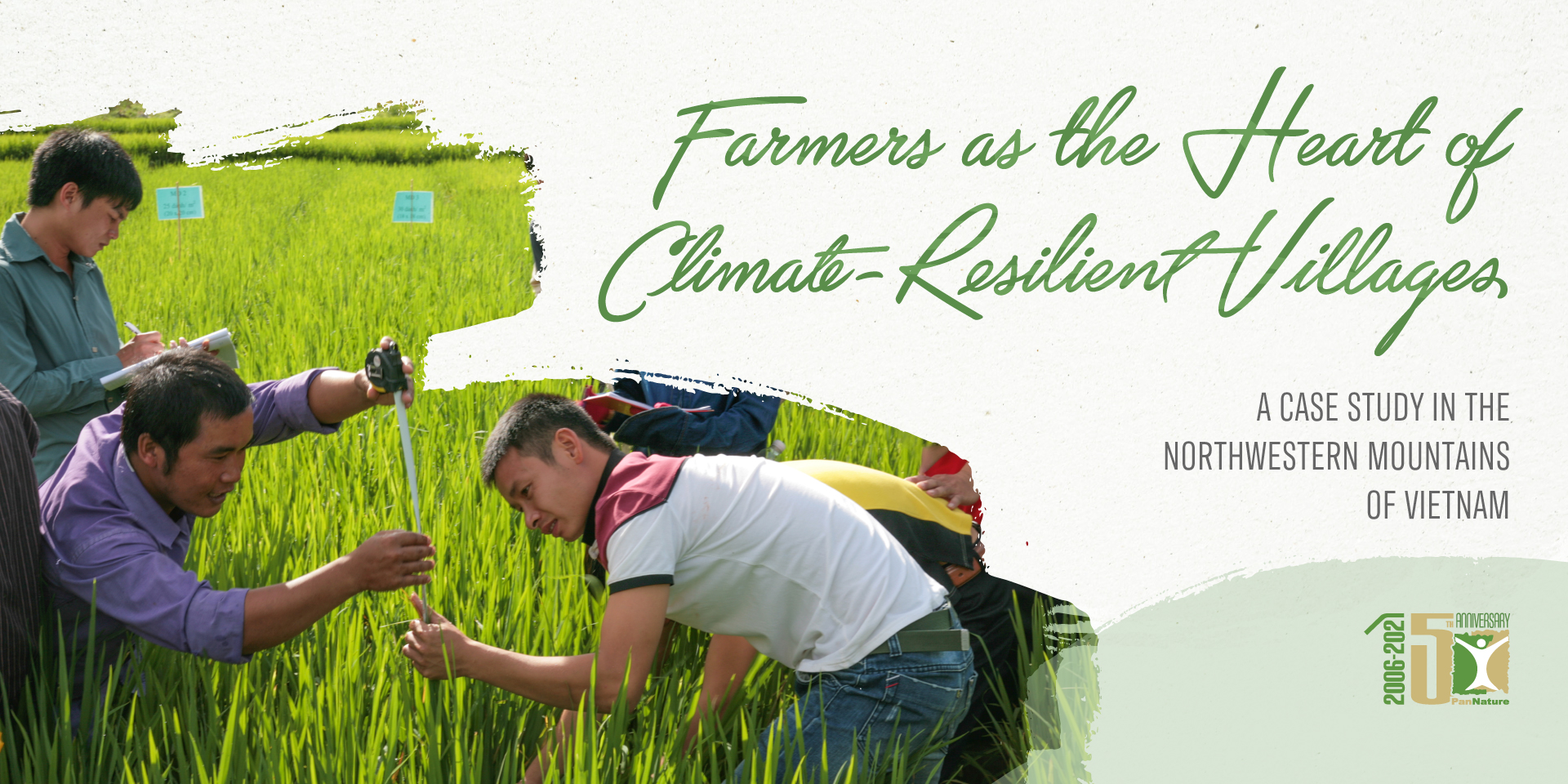Vietnamese Version of Historic Kunming-Montreal Global Biodiversity Framework
People and Nature Reconciliation (PanNature) is proud to announce the Vietnamese translation of the historic Kunming-Montreal Global Biodiversity Framework (GBF), which was officially adopted at thee 15th Conference of the Parties to the Convention on Biological Diversity (COP 15) on…


